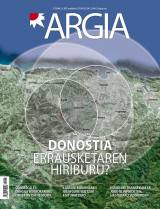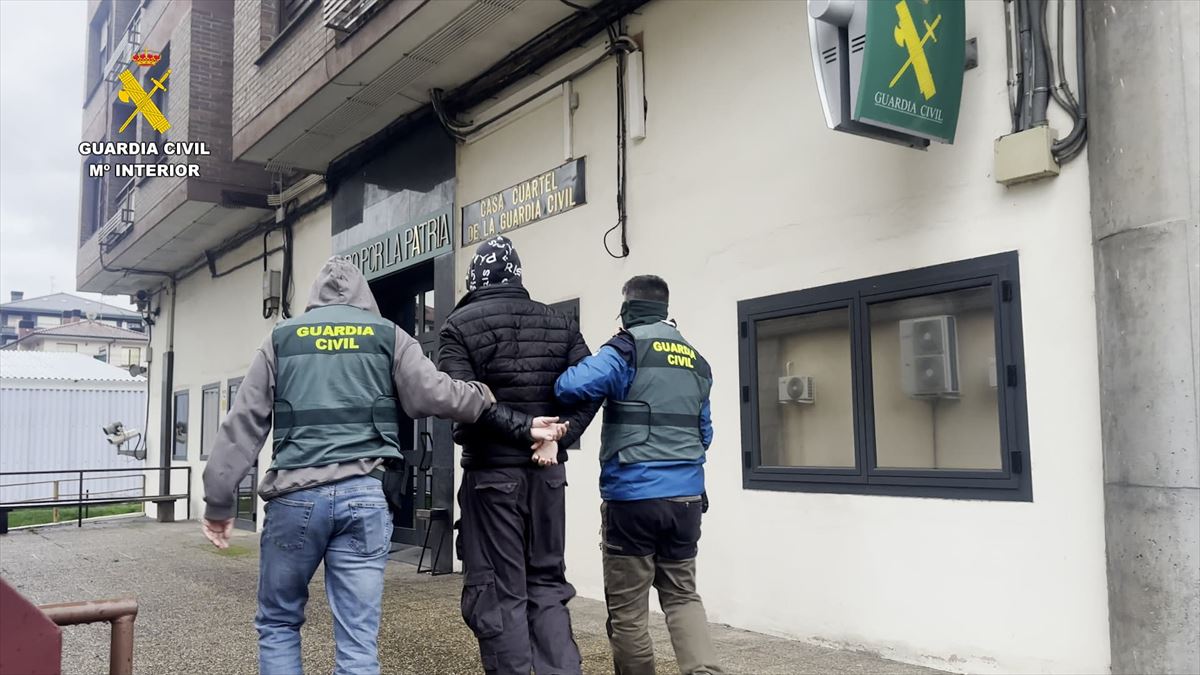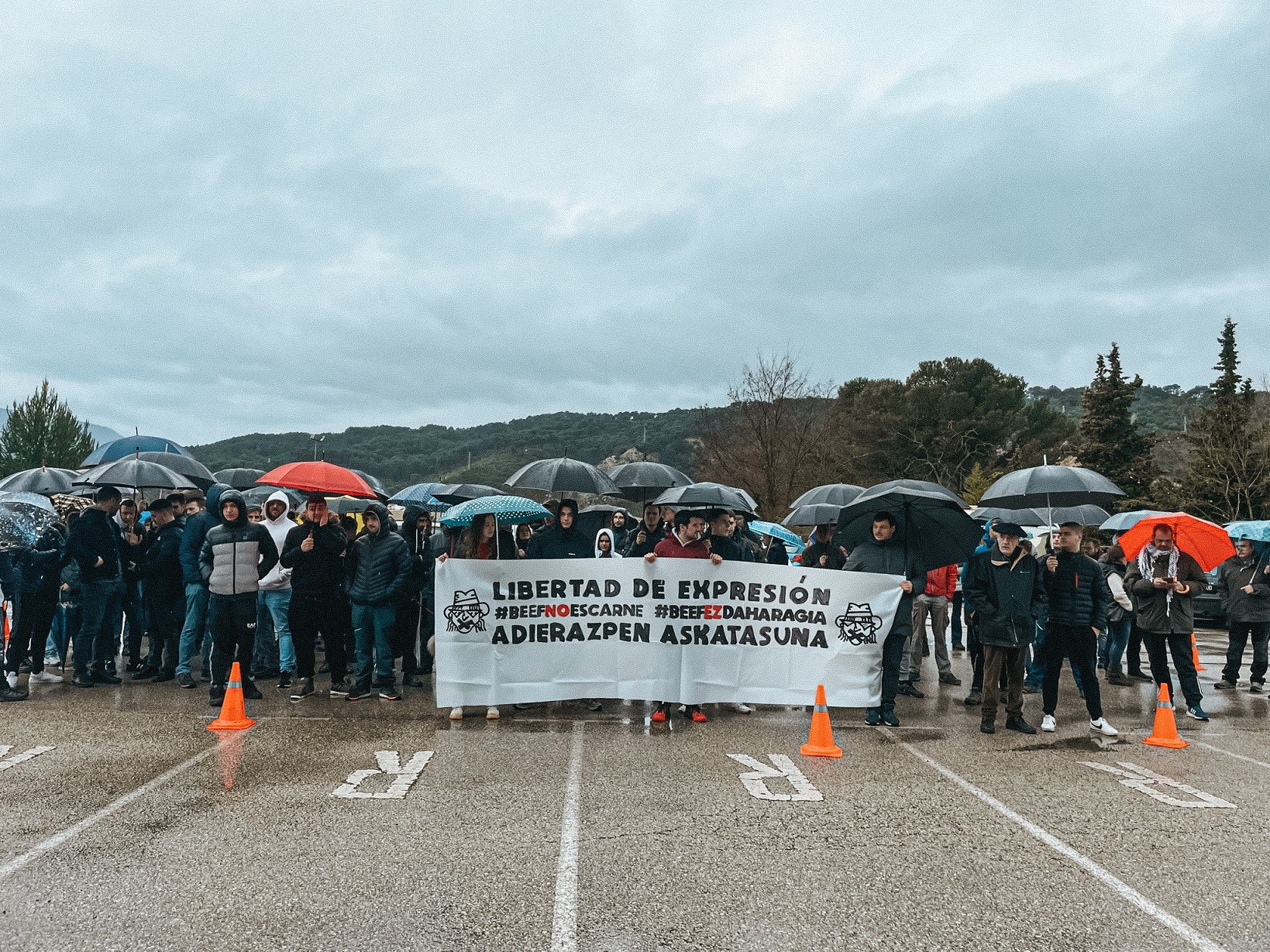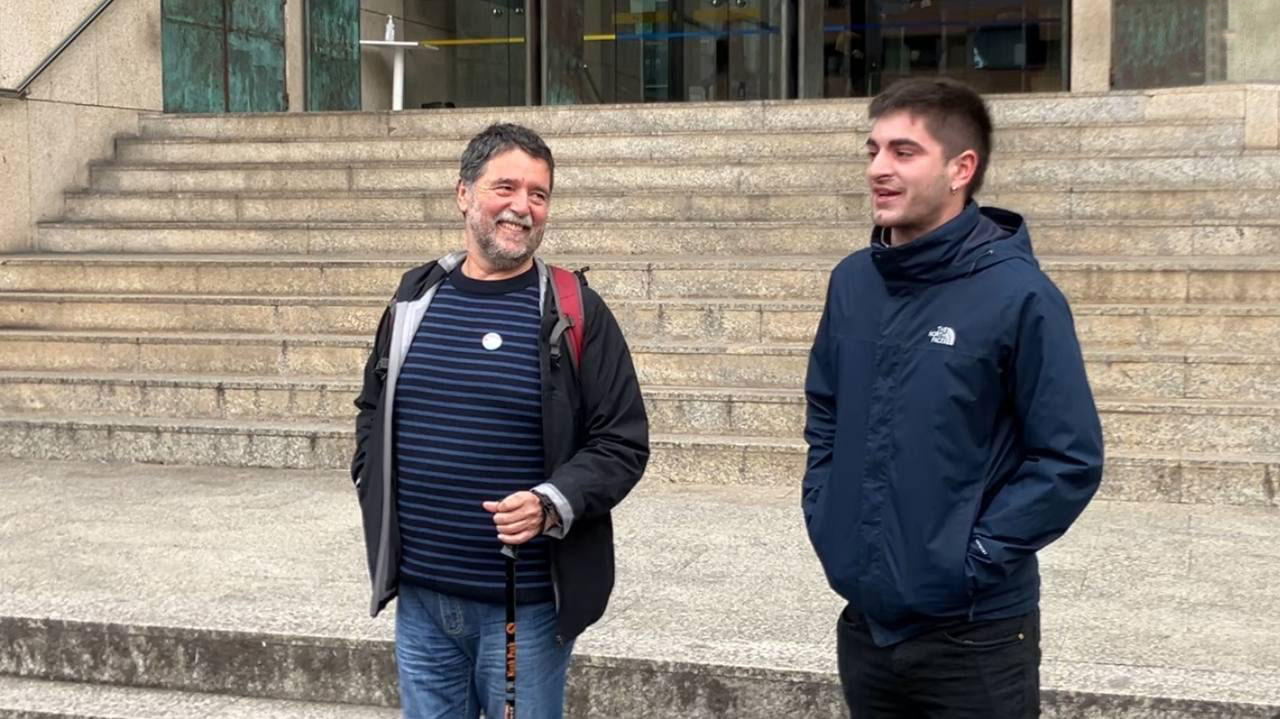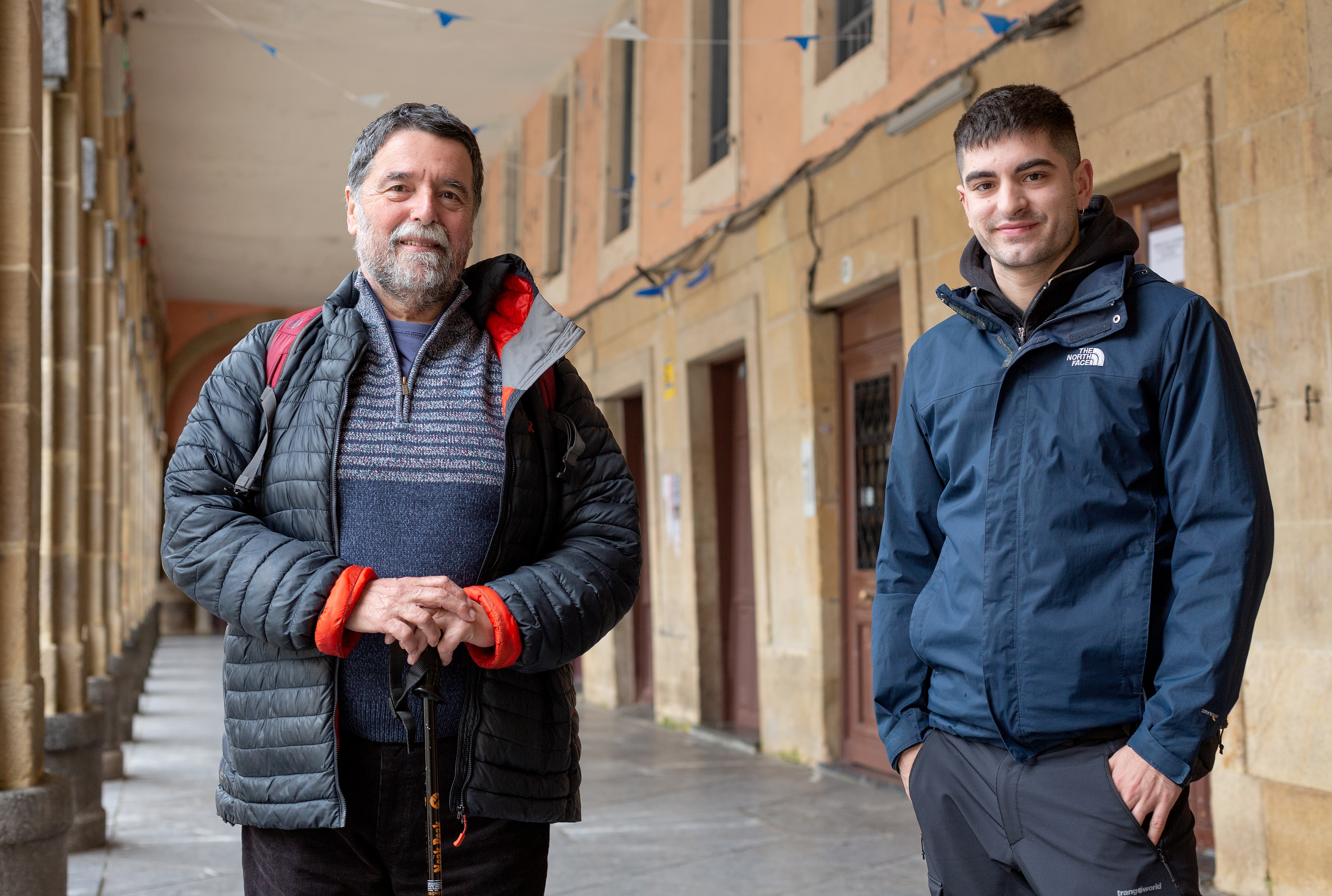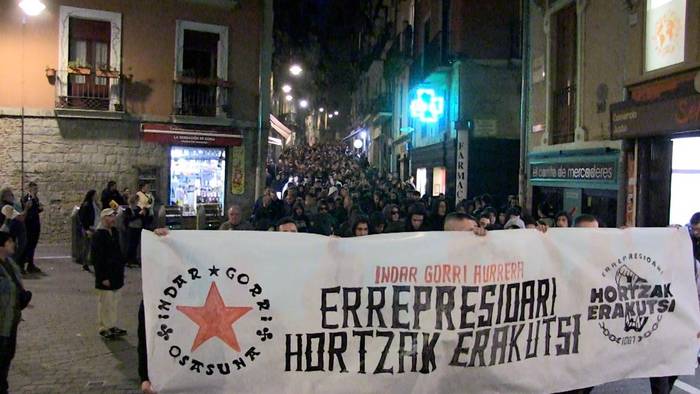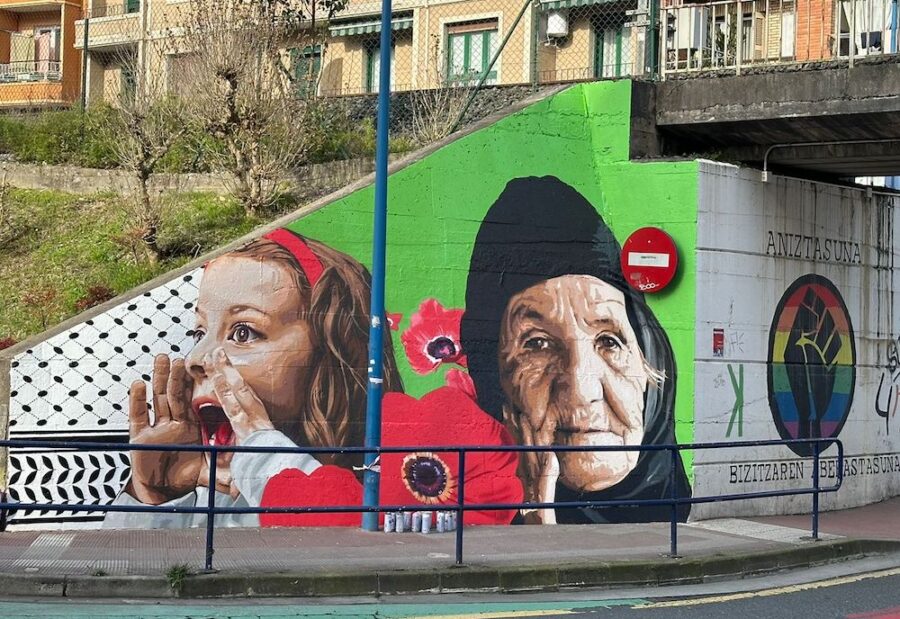Turkey does not want traitors
- The Erdogan Government is increasingly proclaimed against all opposition forces. The media is one of its objectives, and not just the Kurds, as it has been up to now. Freedom of expression is being systematically violated.
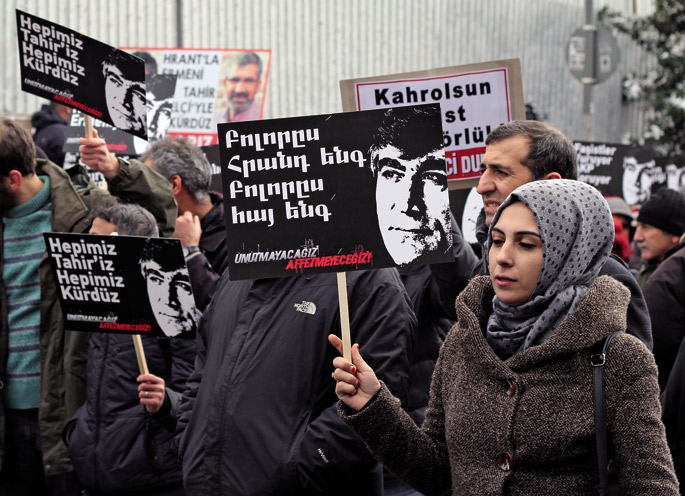
Turkey’s President, Recep Tayyip Erdogan, has on the table today the folders of the country’s many problems – the war in North Kurdistan, the ISIS attacks, diplomatic conflicts, corruption, the demands for rights – and yet he has time to intervene systematically in the media. Or, precisely, in order to disguise these conflicts, the journalist needs to be under his control. It is also a matter of nature. A leader with Sultan ambition cannot withstand criticism.
By the end of 2015, journalists were imprisoned, banned television – the last one after last week’s attack in Anakara – and stoned the drafts. In the classification of press freedom, Reporters Without Borders has lowered Turkey to 149, behind Morocco, Palestine or Mexico. “It’s strange,” says Stefan Martens Hurriyet, editor of Daily News. “We don’t have guns on our chin… but, they say, we live in the most authoritarian democracy in the world, or in the freest authoritarian regime.”
Hurriyet is a reference newspaper in Turkey, the second in number of readers and, until now, critical of the AKP government of the Erdogan party. They criticize authoritarianism and the excessive expansion of Islam. It is an attitude that is now being paid a great deal.
On the outskirts of Istanbul, Hurriyet has its headquarters, along with other media from the Dogan company. It is necessary to cross extraordinary security barriers: automatic iron door, police with Heckler & Koch MP5 headband, private guard, metal detector... Castles and jails, modern front-line writing has a lot of both. The building was fortified by the serious events of 7 September.
In the evening, dozens of vans stood in front of Hurriyet's headquarters. Some 150 people, of Moroccan nationality and Algerian origin, travelled there. With stones in one hand, Turkish flags in the other, they headed toward the door. In the midst of the uproar there was also a AKP parliamentarian. “They said we deserved a lesson,” reporter Martens said, “because he no longer sends Hurriyet to Turkey.” They wreaked havoc in the lobby. They broke the crystals, but they didn't come in. It wasn't the last attack. Two days later, illustrious columnist Ahmet Hakan was persecuted from Hurriyet to his home and beaten in the middle street, where he was arrested. On 25 December last, the prosecutor’s office called for five years in jail against the newspaper’s director, Sedat Ergin, for considering that he had insulted Erdogan. “He has a lot of pressure on him, he’s not going to offer dialogue,” the newspaper’s colleagues warned.
“Journalists are divided into two camps: For and against the AKP. Those who literally follow the Government’s criteria and are threatened.” Ilya Topper, journalist at M’Sur, explains this: “Turks working in foreign media are considered traitors.” Another veteran correspondent, who for security prefers to keep his name hidden, believes that fewer and fewer people criticize the government in the mainstream media. “Those who speak clearly are brave, they must be acknowledged. Many are in jail.”
Reporting of monitors
Since the beginning of the year, two prestigious journalists have been in prison: Can Dundar and Erdem Gul, editors of Cumhuriyet. They published a report on the secret services. It is a life sentence for the alleged crimes of espionage and treason that are charged to him. Despite international and domestic criticism, Erdogan fulfilled his public promise: “The authors of this article will pay expensive.” They have about 30 journalists imprisoned.
The European Courts of Human Rights are well aware of the violations of the institutions in Ankara. Turkey is the country most cited in the Strasbourg trials, from which 18% of all cases come, particularly from Kurdistan. The latest ruling that has been known is in the area of the media n.El court has appealed to the journalists of the magazine Nokta, who have considered that freedom of expression was violated. The State must compensate five persons with EUR 4,000 for the arrests to which they were arrested by an article in 2007.
For many, the political environment is becoming incapable of breathing. Both are on trench paths, AKP and the rest. The owner of a bar in the Beyoglu neighbourhood in Istanbul says desperately: "On the street it is cold, but in Turkey the atmosphere is burning. If this continues, everything will be broken.” In other words, Human Rights Watch has also recently denounced the situation: “Fear of opposition, criticism and those who claim rights. We have witnessed this. In the last year we have experienced the greatest deterioration of human rights.” In any case, it is an old thing that the Kurds, and other ethnic minorities, in particular, have suffered.
The tribute to the Armenian journalist Hrant Dink has gathered hundreds of people on 19 January, it is 9 years since the murder of two of his colleagues in Istanbul. Along with the cries calling for justice, the most popular motto is “fascist AKP.” The name of Tayyip Erdogan has been heard on several occasions through the speakers. Despite not having a criminal sentence, all fingers have pointed to the president as responsible.
Anyone who is up to Erdogan has seen two: whether they are from the world of culture, academics, entrepreneurs or journalists.
Anyone who is up to Erdogan has seen those in the world of culture, academics - 18 teachers have been arrested for signing the manifesto for peace - whether they are businessmen or journalists. “Journalism is being killed. Democracy will also do so little by little,” wrote Turkish columnist Kadri Gürsel. A study by Kadir Has recently found that this opinion is widespread in society. 59.7% of Turks believe there is no freedom of the press, while the Turks have less freedom of the press. 56.5% of respondents stated that there is no democracy.
Media pressures generally develop in a subtle way. Economic sanctions, calls to boycott, allegations of insulting the president, changes in media ownership… “The government forced Milliyet to sell the critical newspaper, Sabah has also been bought by a sudden businessman from Erdogan, the director of the newspaper Zamam is sentenced to 14 months in jail for insulting the president,” says El País correspondent MourEnza. “Digiturk TV was banned in October and Canal 7 TV was critical of Erdogan until they allowed their owner to build an airport.”
Those who continue to broadcast receive government warnings on a regular basis, from the ban on images of attacks in Sultanahmet to the criminalisation of emissions that go against the “values of the traditional family”. As in all Western countries, television is the main body to monitor the attacks of the opposition. In addition to the traditional media, Turkey has adopted control measures on the use of the Internet. It has also blocked on several occasions the portals of Twitter, Facebook or Youtube, as well as the websites that provide information on the situation in Kurdistan. "Social media is society's biggest threat," Erdogan said when Gezi Park protests traffickers overwhelmed Twitter in 2013.
What has happened to CNN Turk is perfectly the obsession with squeezing the media and protecting the leader. The news reports told how the president of the CHP, the Social Democratic Party, was accused of calling Erdogan "a mediocre dictator." Well, on a CNN Turk sign it was written, with a beetle: “‘The dictator’ in the conflict”. It is the chain itself that is now under investigation by the prosecutor’s office, precisely with this label, for having insulted Erdogan, who has been arrested.

Steilas considers out of place the effort of the Rectorate of the UPV/EHU to prevent the participation of a person through a communication at the congress on Sovereignty(s) held recently in our university. We do not understand the attempt to obstruct the academic activity of a... [+]









